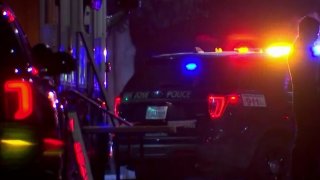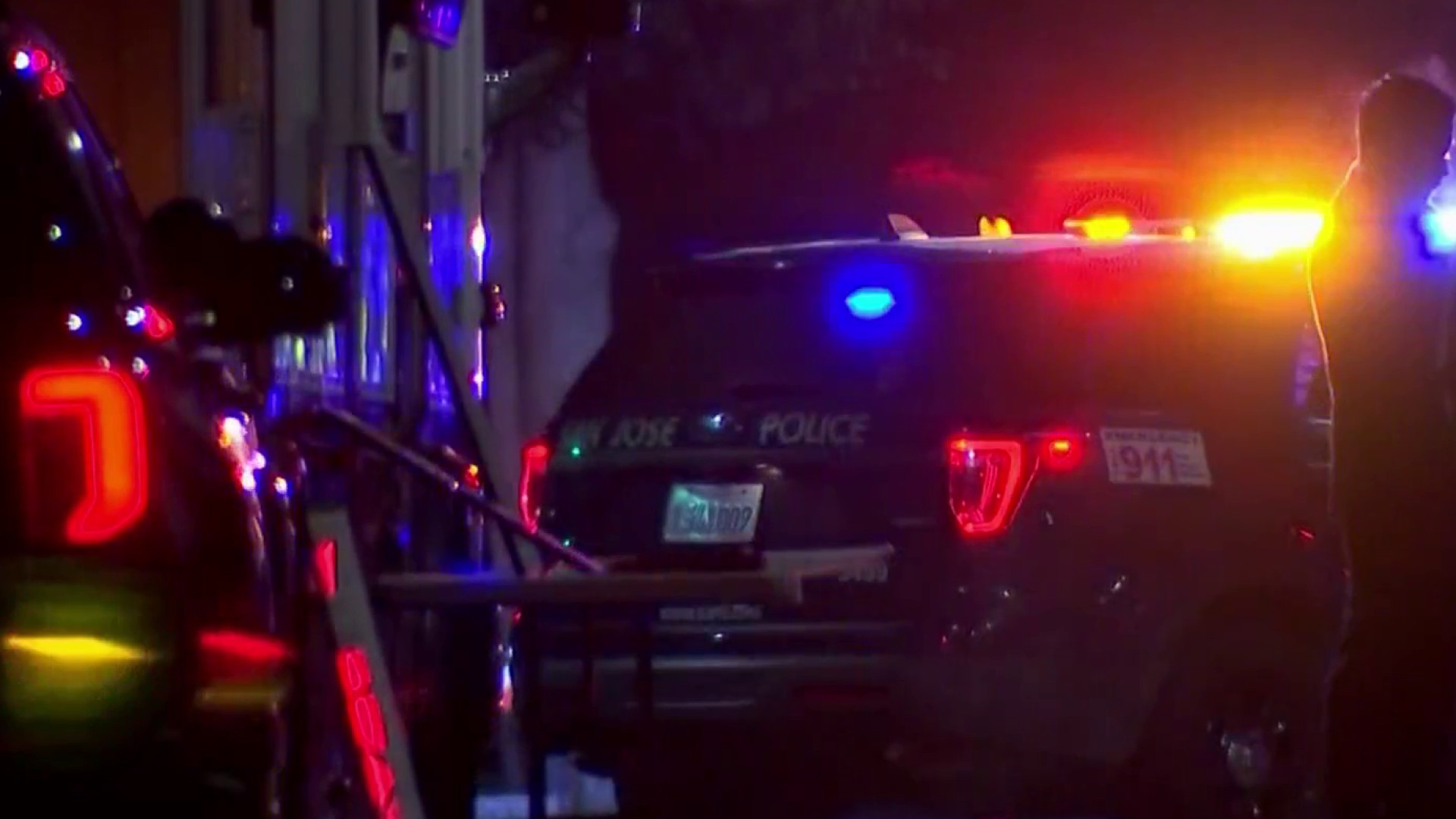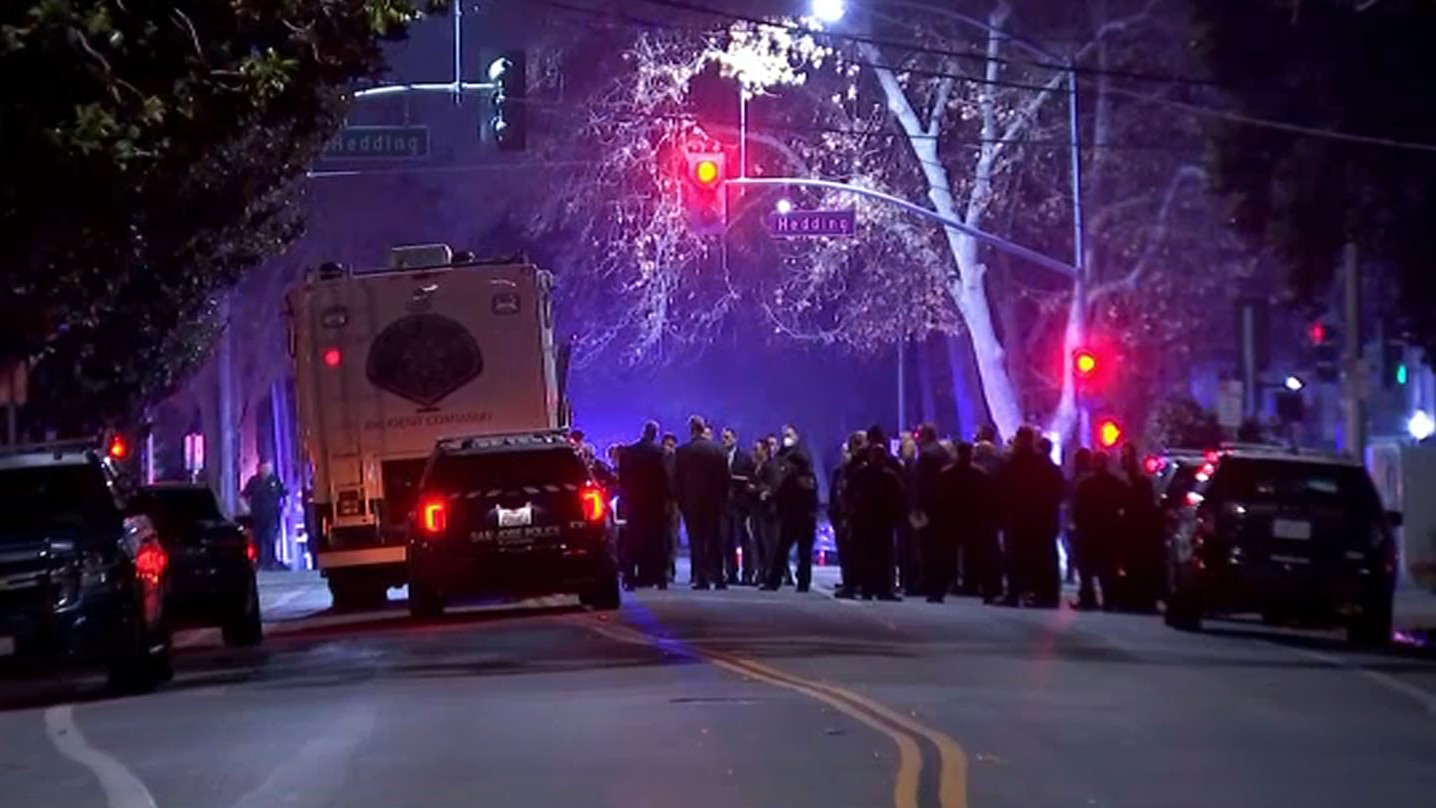
The Santa Clara County District Attorney's Office announced Thursday that an investigation into the fatal January shooting of a man by San Jose police officers has led to the determination that the shooting was lawful.
Robert Seth Carter, 32, was shot and killed on Jan. 19 after he unsuccessfully attempted to carjack someone on Monroe Street and then T-boned another car while armed in the intersection of Park Avenue and W. Hedding Street.
The officers involved were Thomas Ortiz, Shayla Nail, Aiden Guy and Alex Gutierrez.
"There is insufficient evidence to prove beyond reasonable doubt that Officers Gutierrez, Ortiz, Nail and Guy did not act in lawful self-defense or defense of others," the district attorney's report said. "Consequently, no criminal liability attaches to them."
Get a weekly recap of the latest San Francisco Bay Area housing news. Sign up for NBC Bay Area’s Housing Deconstructed newsletter.
Prosecutors said Carter fired his handgun at approaching patrol cars after he crashed and had crawled out of the vehicle, and an officer "heard the bullet whizz past his head."
Carter fled on foot and when confronted by a cruiser, he again pointed his gun at police, ignoring their commands to drop his weapon.
Carter shot at police and was hit with a volley of bullets from at least four officers, who hit him nine times. Officers repeatedly had asked him to drop his weapon and he had not, the district attorney's report concluded. There were so many officers firing guns, prosecutors said, that they became confused about some of the shots and assumed they were coming at them from Carter, when in fact they were being fired by fellow officers.
"Officer Guy mistakenly believed that the gunshots fired by Officers Nail and Ortiz were being fired by Carter, so he also discharged his weapon," the DA's report reads.
After Guy's discharge of his weapon, Carter went down, but he still did not drop his gun. At that point, all three officers fired a total of 51 rounds at him in 12 seconds.
Though Carter was down and not moving, the gun was still near his hand, so a K-9 unit was deployed to pull him away from the gun. He was then taken to the hospital where he was pronounced dead at 7:53 p.m., roughly 40 minutes after the confrontation began.
A woman identified as "Jane Doe" talked with investigators from the District Attorney's Office and said she had known Carter for most of his life. She expressed anger that the officers shot at him so many times because "she believed Carter only had one bullet in his gun." But she did agree that Carter had put himself in a position where "he gave officers no choice but to use deadly force against him."
Prosecutor Robert Baker, who authored the report, found that there was "abundant" circumstantial evidence that Carter intended for the police to shoot and kill him.
Police recordings from the body-worn camera footage revealed the officers' belief that Carter was giving them his middle finger once he was down. Jane Doe also said he told her that he would rather die than go back to prison.
"Robert Carter was, regrettably, suffering with mental health issues and drug addiction," reads the DA's report. "These struggles contributed to the violent conduct that put lives of innocent citizens and police officers at risk of death and grievous injury."



